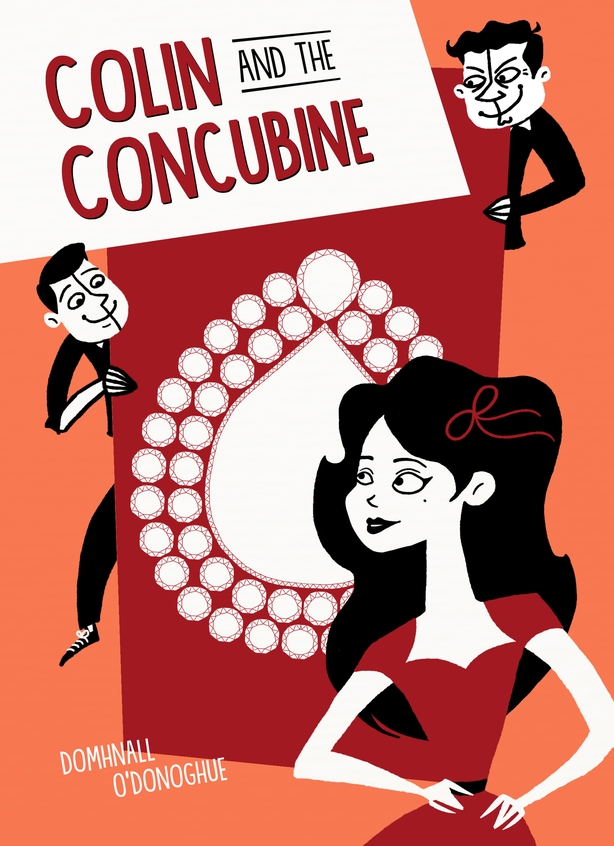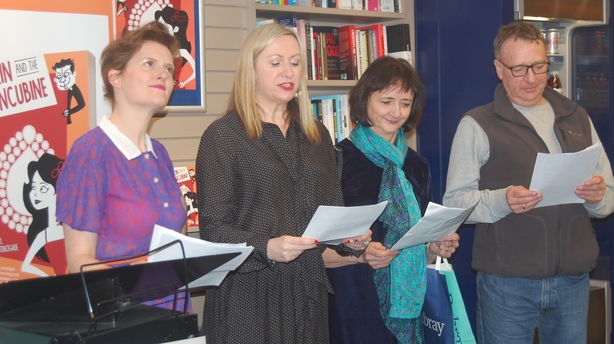Journalist and Ros na Rún actor Domhnall O’Donoghue reveals the surprising inspiration behind his new novel, Colin and the Concubine.
Its legacy might have gathered some dust over the decades but up until 1994, the Housewife of the Year competition was nothing short of a national institution. Even though the sponsors changed throughout its 28-year lifespan, the simple goal of celebrating the magic of Irish housewifery remained the same.
The inaugural event in 1967 saw hundreds of housewives pitted against each other in regional heats before culminating in a tense, televised final in Dublin’s Shelbourne hotel. On the night, the six finalists were tasked with wowing the judges with their culinary and conversational skills. Limerick’s Kay Johnson eventually emerged triumphant and she waltzed away with a generous £500 cheque and, rather appropriately, a split-level cooker. Not to mention a celebrity-like status.
Colin and the Concubine follows a sibling rivalry set against the backdrop of a brothel and culminates in the heats for the final Calorgas Housewife of the Year competition in 1994.
The contest captured the imagination of the country and for over a quarter of a century, it perfectly reflected the values of a nation - especially our reverence towards the institution of marriage.
In 1994, at the ripe age of 11, I sat in front of the television, mesmerised. While I might not have been able to articulate it at the time, my interest in the glitzy affair wasn’t the fabulous fluorescent-pink dresses or the delightful culinary presentations, but rather the competition’s insistence on what structure a traditional Irish family should take - something that jarred with a youngster like me, struggling to understand his sexuality.

Seeing as television holds a mirror to society, it was appropriate that this unique honouring was winding down at that particular time. The previous year, same-sex relations were finally decriminalised; the following year, divorce became an option for unhappy couples.
Ireland was evolving - for most people at least.

from Colin and the Concubine at the book's Dublin launch
21 years later, and the marriage equality referendum was being rigorously debated. The main argument proffered by the ‘No’ campaigners was that the gay community was a threat to the institution of marriage. Surprisingly, I didn't suffer any headaches during that period given the number of times I rolled my eyes skywards, particularly on account of the fact that I was living next door to a busy brothel where queues of men – including the husband variety - were lining up to avail of the services of the two sex workers who resided there.
"It seems that married folk are more than capable of destroying the institution without any help from the gays!" I often joked before deciding to document these observations in my new book - a light-hearted farce bursting with double standards and double-dealings.
Colin and the Concubine follows a sibling rivalry set against the backdrop of a brothel and culminates in the heats for the final Calorgas Housewife of the Year competition in 1994. It quickly emerges that the rocks on the wedding rings are often the only things that are solid in many of the marriages...
Colin and the Concubine is published by Mercier Press.

